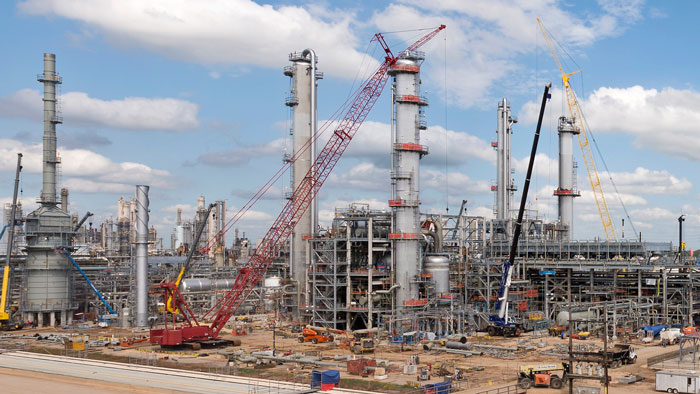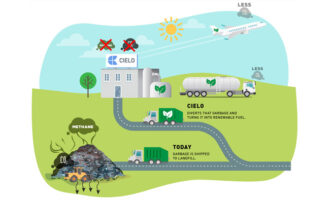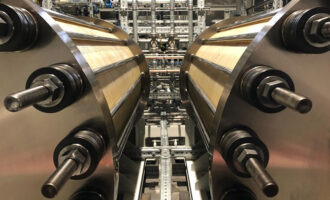
Phillips 66 and REG withdraw from U.S. West Coast renewable diesel project
Phillips 66 and Renewable Energy Group, Inc. (REG) are discontinuing their joint effort to construct a large-scale renewable diesel plant in Ferndale, Washington, U.S.A., the companies announced. The project has been canceled due to permitting delays and uncertainties.
Originally announced in fall 2018, this 250-million-gallon-per-year project would have resulted in the largest renewable diesel refinery on the U.S. West Coast.
“While we believe the Ferndale Refinery is a strategic fit for this renewable diesel project, permitting uncertainties were leading to delays and higher costs,” said Robert Herman, Phillips 66 executive vice president of Refining. “Phillips 66 continues to progress its portfolio of renewable diesel projects and evaluate new opportunities to provide consumers with renewable fuels that comply with low-carbon fuel standards.”
“Although we are disappointed in this result, REG is undeterred and continues to develop numerous opportunities to grow our renewable diesel production,” said Cynthia (CJ) Warner, Renewable Energy Group CEO. “We remain dedicated to positively impacting the environment and reducing the carbon intensity of transportation fuels through the application of REG’s proven technologies.”
Phillips 66 is a diversified energy manufacturing and logistics company. With a portfolio of Midstream, Chemicals, Refining, and Marketing and Specialties businesses, the company processes, transports, stores and markets fuels and products globally. Phillips 66 Partners, the company’s master limited partnership, is integral to the portfolio. Headquartered in Houston, Texas, U.S.A., the company has 14,500 employees committed to safety and operating excellence.
Renewable Energy Group, Inc. is an international producer of cleaner fuels and North America’s largest producer of biodiesel. REG utilizes an integrated procurement, distribution and logistics network to operate 13 biorefineries in the U.S. and Europe. In 2018, REG produced 502 million gallons of cleaner fuel delivering more than 4 million metric tons of carbon reduction.









